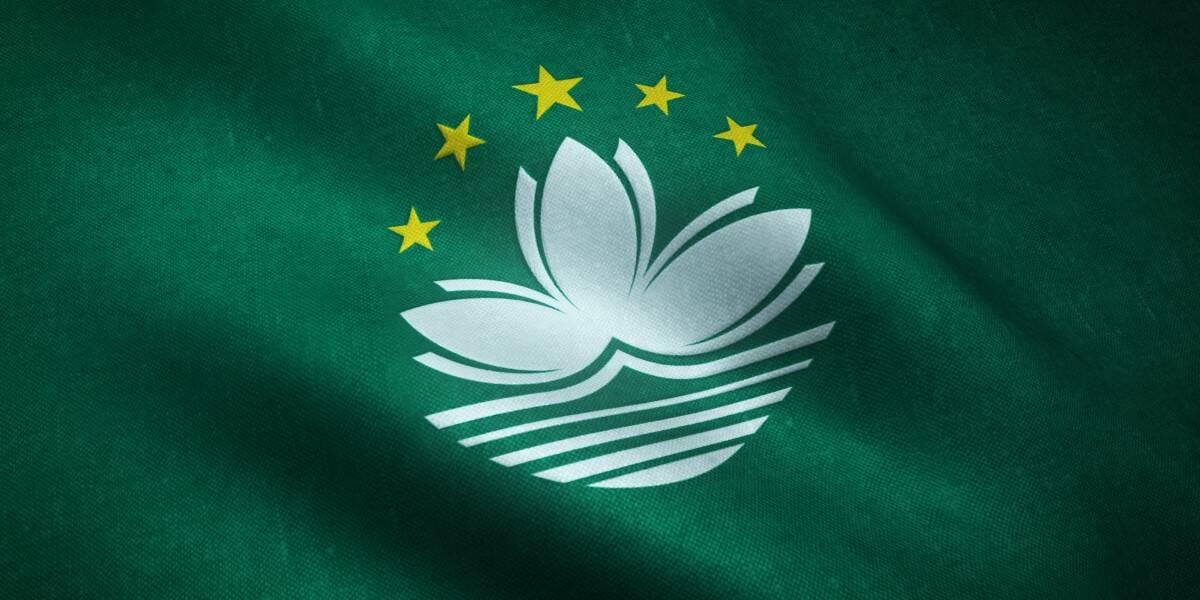US Chip Ban Left Back Door In Beijing-controlled Macau For Months

Amendments removing the exclusion of China's Special Administrative Region (SAR) Macau from US technology export restrictions on China went into effect on Tuesday, addressing concerns that the territory was used as a back door through which banned goods could make their way into the Middle Kingdom.
Previously, the US's technology export bans excluded Macau from requirements intended to prevent export of semiconductor and computer technologies the US government considers "force multipliers for military modernization and human rights abuses."
An FAQ [PDF] from the US Commerce Department's Bureau of Industry and Security (BIS) explained:
But as of Tuesday, updated US policy [PDF] added Macau to the "don't export tech here or else" list. "Potential risk of diversion of items subject to the export administration regulations (EAR) from Macau to China" is cited as the reason for the change.
"For purposes of the EAR, this rule does not change the status of Macau; it will continue to be treated as a separate destination from China," added the Bureau.
- China blurs borders with Macau to advance chipmaking and AI plans
- Hong Kong ups its SEO game to stop Google playing a protest song as its national anthem
- Biden cuts off China's Yangtze, 30 others from US chipmaking gear
- Refrigeration failure at Hong Kong datacenter takes out Alibaba Cloud and others
The concerns are not unfounded. Smugglers have historically been known to use Macau as an entry point to China for illicit goods. Just last month, a woman faked a pregnancy and wore a prosthetic to sneak hundreds of CPUs and iPhones into the Middle Kingdom and avoid paying import taxes.
Macau has been a SAR of China since 1999, when it was returned to Chinese sovereignty by Portugal. While Macau's defense and foreign relations are Beijing's job, the territory has some autonomy in economic and commercial relations under a "one country, two system" principle.
In September of 2021, China revealed plans to create a semiconductor-focused economic center in Macau. The new zone would expand economic opportunities for the SAR at a time when the gambling industry was enduring COVID-restriction knocks. On top of that, the plan was intended to "promote the interconnection of innovation chains between Hong Kong, Macau and the mainland."
Countries like the Netherlands have resisted playing along with some of the export restrictions imposed on China by the US. White House Press Secretary Karine Jean-Pierre denied on Tuesday that the United States coerces countries into joining efforts to restrict China's access to technology.
"We don't push any of our allies or our partners. We consult with them closely, and they make their own decisions. And this is how we move forward with our relationship, again, with our allies and partners," she said.
Jean-Pierre indicated that President Biden had recently discussed the matter with leaders in Japan and the Netherlands, along with a host of other regional and global issues. ®
From Chip War To Cloud War: The Next Frontier In Global Tech Competition
The global chip war, characterized by intense competition among nations and corporations for supremacy in semiconductor ... Read more
The High Stakes Of Tech Regulation: Security Risks And Market Dynamics
The influence of tech giants in the global economy continues to grow, raising crucial questions about how to balance sec... Read more
The Tyranny Of Instagram Interiors: Why It's Time To Break Free From Algorithm-Driven Aesthetics
Instagram has become a dominant force in shaping interior design trends, offering a seemingly endless stream of inspirat... Read more
The Data Crunch In AI: Strategies For Sustainability
Exploring solutions to the imminent exhaustion of internet data for AI training.As the artificial intelligence (AI) indu... Read more
Google Abandons Four-Year Effort To Remove Cookies From Chrome Browser
After four years of dedicated effort, Google has decided to abandon its plan to remove third-party cookies from its Chro... Read more
LinkedIn Embraces AI And Gamification To Drive User Engagement And Revenue
In an effort to tackle slowing revenue growth and enhance user engagement, LinkedIn is turning to artificial intelligenc... Read more

